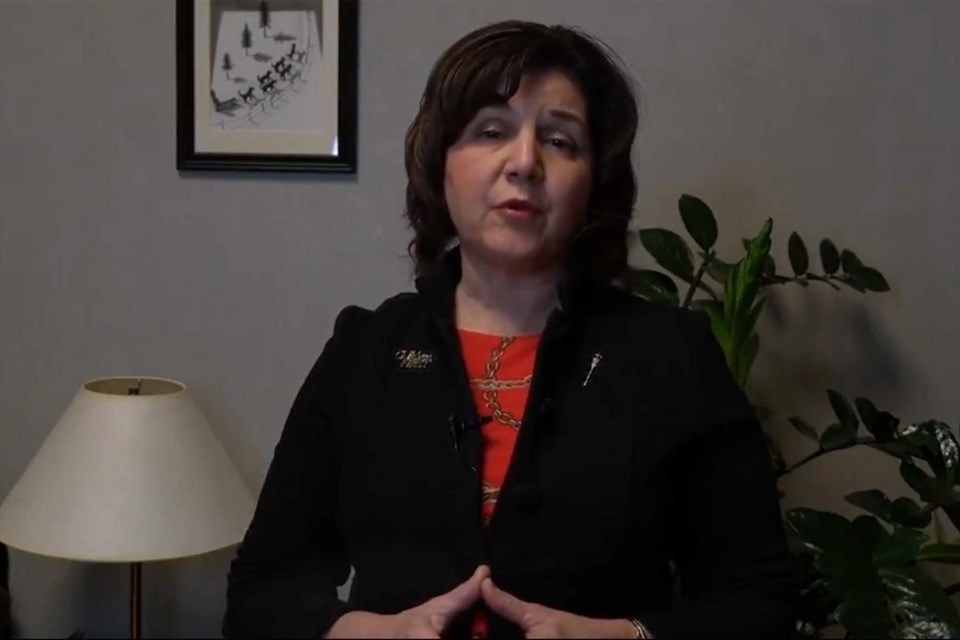Minister of Education Adriana LaGrange tabled a bill in the legislature today, which would see the Alberta Teacher's Association (ATA) stripped of its disciplinary powers.
Bill 15, the Education (Reforming Teacher Profession Discipline) Amendment Act will create the Alberta Teaching Profession Commission and appoint a commissioner to oversee teacher and teacher-leader conduct and competency complaints for all educators, regardless of where they are employed.
"The result of this bill will be to have one legislative structure to govern matters of discipline for the entire profession by one organization using a consistent, effective, efficient process, where an arms-length organization oversees disciplinary matters," said LaGrange.
The minister said this new legislation will eliminate the conflict of interest and perceived bias associated with the current process. It will also bring Alberta in line with processes followed by other provinces, particularly Ontario and Saskatchewan, which have an 'arm's length' approach.
LaGrange also said the move will be similar to what other professional bodies, like nurses and pharmacists, have to oversee the conduct of members.
The work done by the ATA or the College of Alberta School Superintendents (CASS) includes professional development and member-focused advocacy and services.
Collective bargaining done by the ATA will also not be affected.
Immediate costs for setting up the office of the commissioner will be handled by the education ministry, as will the ongoing costs. These funds are separate from those given to schools boards, LaGrange said.
Tensions have been high between the UCP government and the teacher's union since LaGrange made an announcement in December detailing her intention to pursue the removal of the group's disciplinary powers.
"The ATA would have you believe that this is an attack on teachers. Nothing, but nothing, could be further from the truth," LaGrange said Thursday. "The fact is that most teachers, administrators and superintendents will never experience this process. Nor will students or families.
"Our province is home to excellent, dedicated teaching professionals who want the very best for their students. That is why we are committed to strengthening the teaching profession keeping students safe through improvements to transparency, accountability and public assurance."
The minister previously said that her motivation behind the move was the case of Michael Gregory, who was a junior high school teacher with the Calgary Board of Education from 1986 to 2006.
Gregory was suspended for two years in 2006 for misconduct. During the hearing for that allegation, he confessed to mentally and physically abusing students.
The former teacher was charged with 17 counts of sexual assault and sexual exploitation of six students in February of last year.
He died by suicide a short time later.
Under current procedure, the ATA is only required to notify Alberta Educations at the end of the disciplinary process if a hearing does occur, including when recommendations are made to the minister for a teaching certificate to be cancelled or suspended.
This has been a point of contention.
"I was quite disturbed to hear that in December, the Alberta Teacher's Assocation felt that did not fall within their purview to do and so this, clearly, in legislation, will state that everyone has a duty to report to law enforcement when there is one of these tragic circumstances," LaGrange said in reference to the Gregory case.
All hearings, appeals and minister's decisions where unprofessional conduct or professional incompetence is found will be made public. Cases where claims were not substantiated will not be accessible.
Within 30 days of receiving a complaint, the commissioner will have to assess the complaint and determine if it will move ahead to an investigation. Upon being turned over to an investigator, there is a 30-day window before the process must begin.
The commissioner will also be required to provide an annual report of all cases investigated and how they were resolved.




